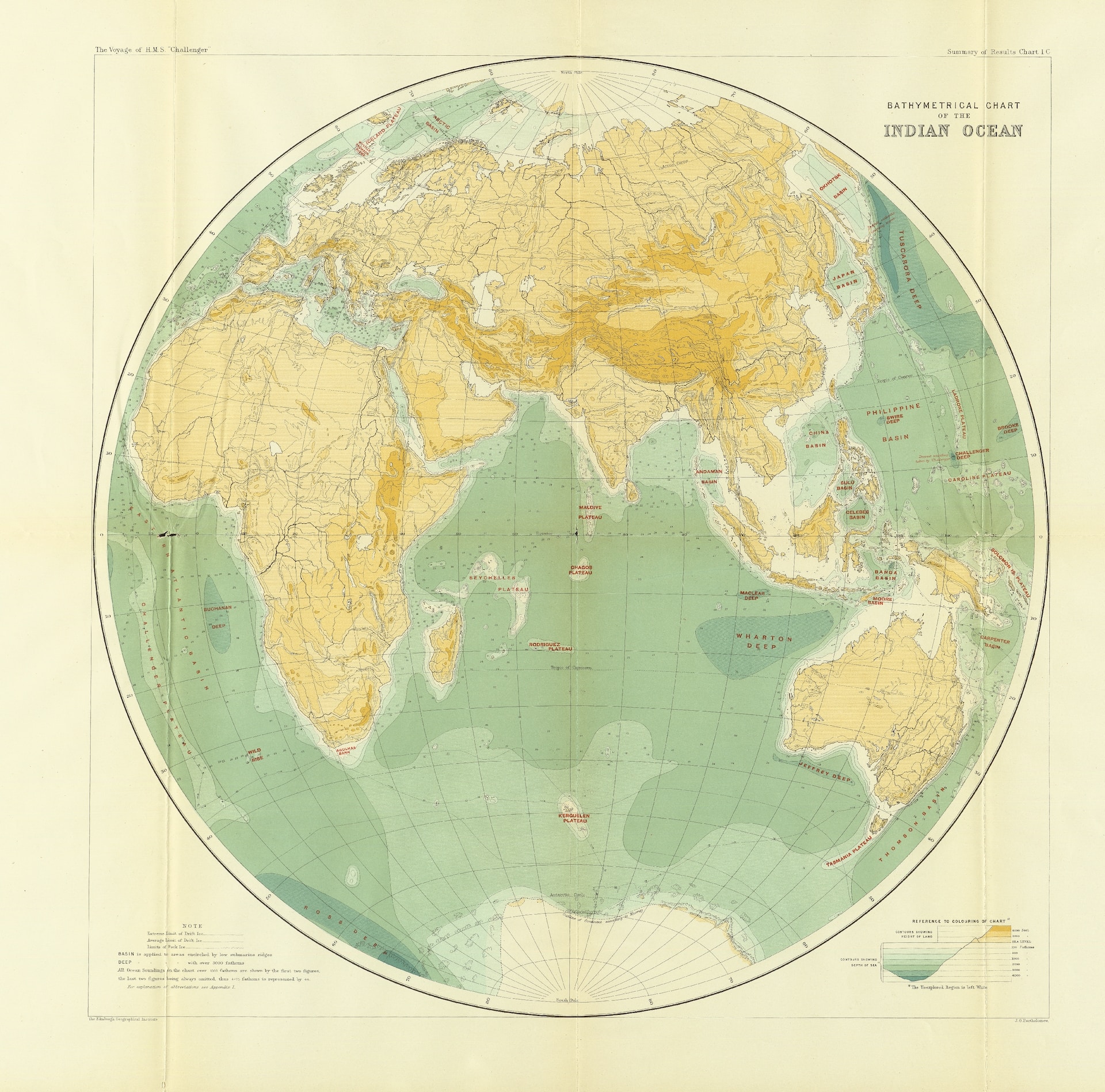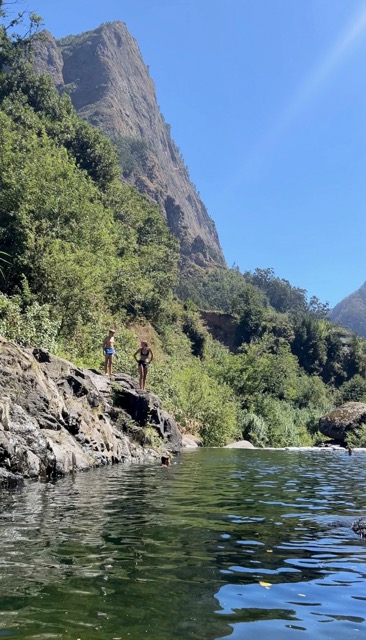
Exploring the World: Unveiling the Mental Health and Physical Benefits of Travel
Travel has long been cherished as a source of joy and adventure, but its impact on our overall well-being goes far beyond the thrill of discovery. Beyond the breathtaking landscapes and cultural treasures, travel offers an array of mental health and physical benefits that enrich our lives in ways we might not even realize. In this article, we will delve into the profound advantages that traveling brings to our minds and bodies, illustrating how exploring the world can be a transformative experience.
I. Stress Reduction and Relaxation
One of the most immediate benefits of travel is its ability to relieve stress and promote relaxation. Escaping the routines and responsibilities of daily life allows us to disconnect from the pressures that often weigh us down. Whether it’s lounging on a beach in Bali, hiking through the lush forests of the Amazon, or strolling the historic streets of Rome, travel offers the perfect opportunity to unwind.
- Nature’s Therapy: Immersing oneself in natural settings, such as forests, mountains, or beaches, has been shown to reduce stress levels significantly. The Japanese practice of “shinrin-yoku” or forest bathing, for instance, emphasizes the therapeutic benefits of spending time in nature, which includes reduced cortisol levels and improved mood.
- Disconnecting from Technology: Travel often takes us to places with limited connectivity, encouraging us to detach from our screens and focus on the present moment. This digital detox can lead to a heightened sense of relaxation and mindfulness.
II. Broadening Horizons and Cultivating Creativity
Traveling exposes us to diverse cultures, landscapes, and perspectives, expanding our horizons and nurturing our creativity.
- Cultural Immersion: Engaging with different cultures fosters empathy and open-mindedness. By experiencing local customs, traditions, and cuisines, we become more receptive to new ideas and ways of thinking. This cultural exposure can stimulate our creativity, enabling us to see the world from fresh and innovative angles.
- Perspective Shift: Traveling often challenges our preconceived notions and biases, encouraging us to see the world through a different lens. This new perspective can lead to personal growth, greater tolerance, and enhanced problem-solving skills.
III. Mental Resilience and Adaptability
Travel is not without its challenges, and navigating unfamiliar territory can teach us invaluable life skills.
- Problem Solving: Travel frequently presents unexpected obstacles, from missed flights to language barriers. Learning to overcome these challenges enhances our problem-solving abilities and self-confidence.
- Adaptability: Being in new and dynamic environments forces us to adapt quickly, which strengthens our mental resilience. This adaptability can carry over into other aspects of life, making us more agile in facing challenges.
IV. Social Connections and Improved Mental Health
Interacting with people from different backgrounds and cultures can lead to deeper social connections and improved mental well-being.
- Building Relationships: Travel often brings us into contact with fellow travelers and locals alike. These encounters can lead to meaningful friendships and a sense of belonging, combating feelings of loneliness and isolation.
- Stress Reduction: The shared experiences and joy of travel can boost our mood and alleviate symptoms of anxiety and depression. Meeting new people and forming connections can release oxytocin, a hormone that promotes bonding and reduces stress.
V. Physical Well-being: Active Exploration and Healthy Eating
Travel frequently involves physical activities such as hiking, walking, swimming, or cycling, which contribute to improved physical health.
- Increased Physical Activity: Exploring new destinations often entails walking long distances, hiking trails, or engaging in water sports. These activities promote cardiovascular health, improve muscle tone, and increase overall fitness.
- Balanced Nutrition: Travel provides an opportunity to savor local cuisines, often featuring fresh and diverse ingredients. Trying new foods can lead to a more balanced and adventurous approach to nutrition.
VI. Mindful Travel: Enhancing Mind-Body Connection
Practicing mindfulness while traveling can deepen our connection to both our surroundings and ourselves.
- Mindful Exploration: Being fully present in the moment while traveling allows us to appreciate the beauty and uniqueness of each experience. Mindful travel can deepen our connection to the world around us.
- Stress Reduction Techniques: Travel can be an ideal time to explore stress-reduction practices such as yoga, meditation, or journaling. These techniques can help us remain centered and relaxed throughout our journey.
Conclusion
Travel is not merely a leisure activity; it is a transformative experience that bestows numerous mental health and physical benefits. By offering stress relief, broadening horizons, enhancing adaptability, nurturing social connections, and promoting physical well-being, travel has the power to rejuvenate our minds and bodies.
So, when you’re planning your next adventure, remember that the benefits of travel extend far beyond the photos you’ll take or the souvenirs you’ll collect. Embrace the opportunity to explore the world, discover yourself, and return home with a refreshed perspective on life. Travel is, indeed, the ultimate prescription for a healthier, happier you.
Photo by Nadi Whatisdelirium






